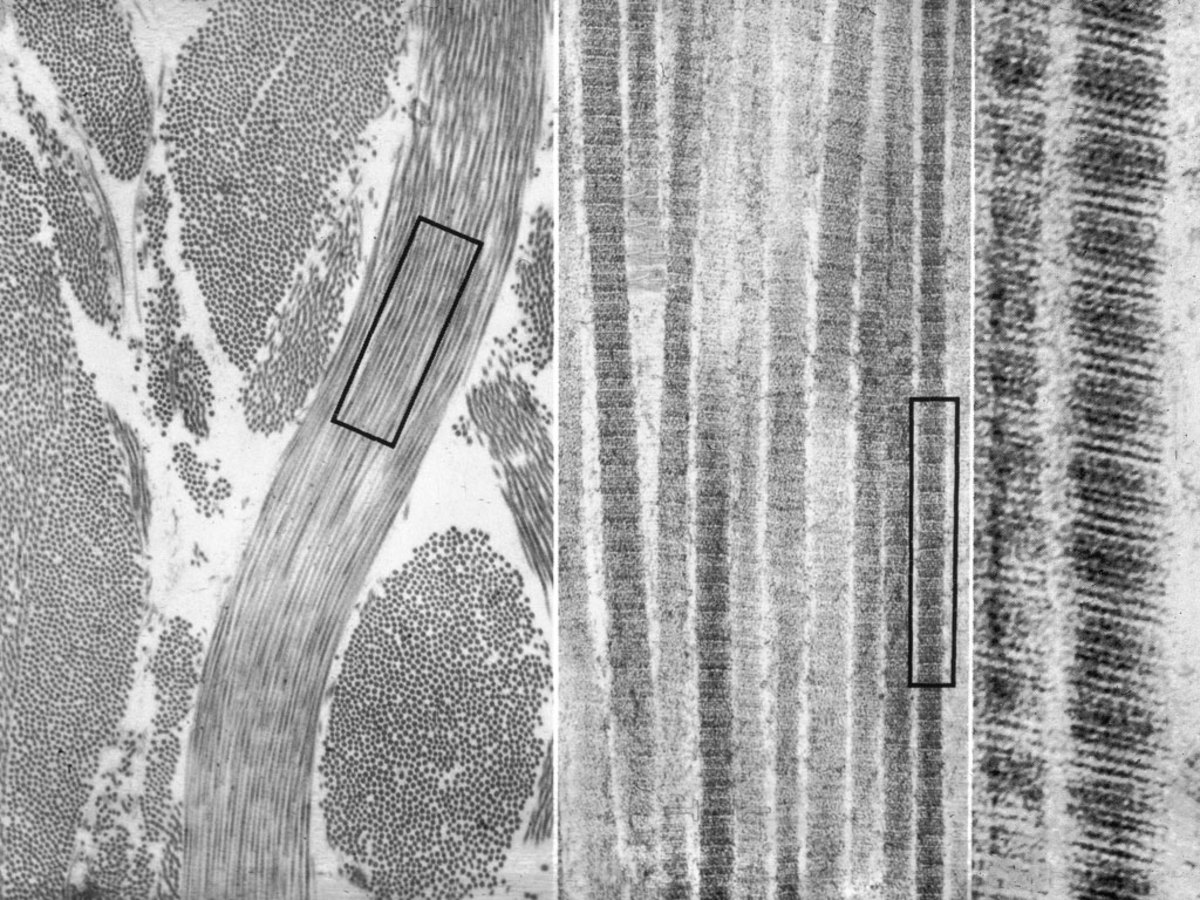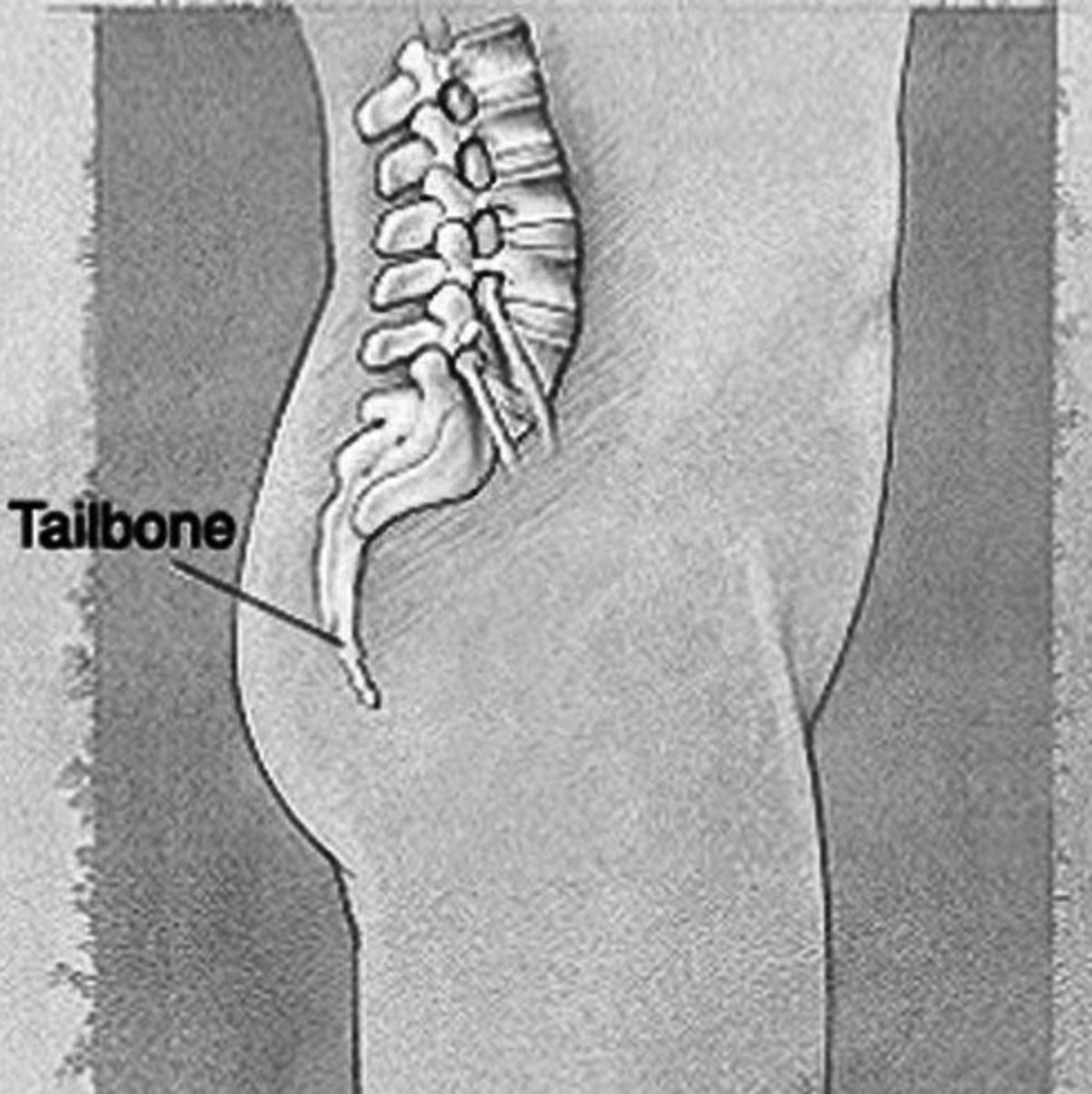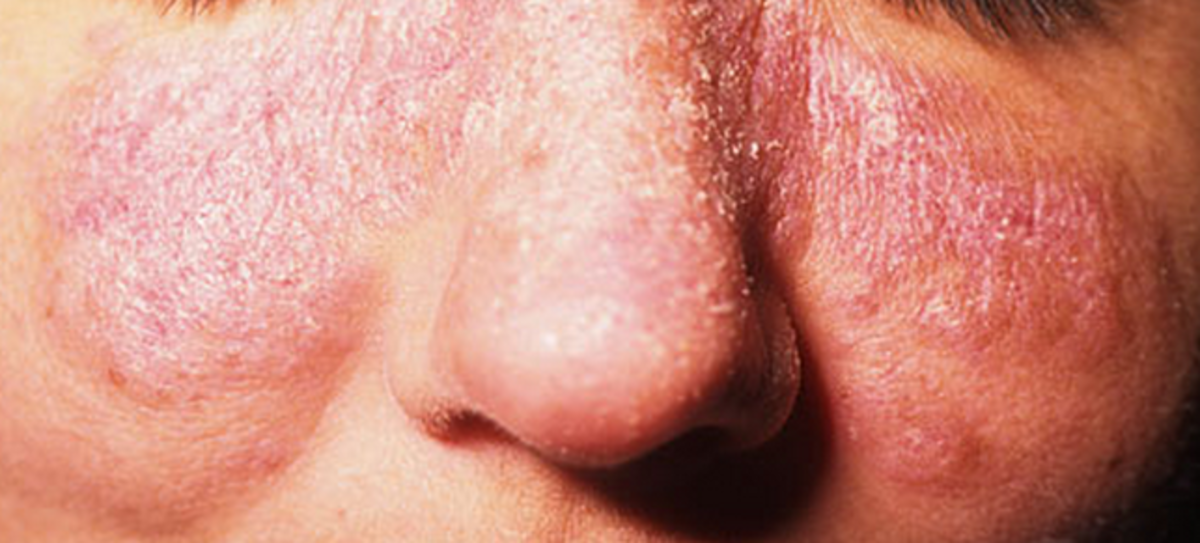Ways to Strengthen Collagen In Ehlers-Danlos
1. Reduce Inflammation
Huh? Yes. Immune reactions and allergies cause tissues to become lax so that white blood cells and immune system factors can travel freely through damaged areas. In POTS and dysuautonomia, Crohn's and Ulcerative Colitis, this process occurs continuously in the digestive tract. Treatments may include healthy foods like fish oils and colorful fruits and vegetables, low dose apsirin, diet, and exercise and when necessary antidepressants, corticosteroids, anihistamines, and medications like ranitidine and mesalazine.
2. Keep Cool
Lots of us have heat intolerance and some of us know that heat encourages immune response causing porous tissues as well as making all materials in general more lax. Even steel, if exposed to enough heat, will start to bend. An easy way to note the level of heat and inflammation you are experiencing is to check out your gums. If they are red, swollen, and loose, they are inflammed and knowing this you will be able to reduce heat and inflammation to strengthen your tissues.
3. Protein, BCAA's, Healthy Diet
Supplementing with whey protein and branch-chain amino acids have been shown in various studies to increase collagen syntheisis. Vitamin C is a cofactor in collagen synthesis and may be helpful to aid the process. When possible, get your protein and vitamins from a healthy diet that includes lots of lean protein, healthy fats such as contained in nuts, and nutrients from colorful fruits and vegetables.
You will need between 50 to 200 grams of protein per day depending on bodyweight and physical activity.
4. Exercise
Light exercise will also strengthen connective tissue. Avoid training for long periods of time or lifting a load that may damage tendons. For those with EDS, long stretches of endurance exercise like completing a marathon will probably NOT strengthen collagen and may weaken connective tissue by depleting protein stores. You want to keep an anabolic, muscle-building environment in your body, rather than a catabolic, muscle wasting environment. Keep training sessions short and to the point. After exercising, you should have more energy for the rest of your day, not less (exercise releases energy from fat cells).
5. Tocotrienol-rich fraction
This is a form of vitamin E in Palm oil that will protect your collagen from oxidative damage.
5. Experimental - Boost Growth Factors
4 Anabolic compounds have shown some promise in improving collagen synthesis. They are investigational and generally unavailable but may be available for EDS in the future. I have provided links to a few clinical trials for those interested:
Stanozolol - aka Winstrol
Winstrol is an anabolic steroid that is currently used to reduce swelling in hereditary angiodema and has been shown to stimulate collagen synthesis. It's worth noting that testosterone and other anabolic steroids do not appear to have the same pro-collagen effects as stanozolol.
Stimulation ofcollagensynthesis by the anabolic steroidstanozolol.
Growth Hormone
Growing collagen, not muscle, with weightlifting and 'growth' hormone.
Below is a link to a clinical trial of growth hormone for excessive belly fat:
Growth Hormone, Cardiovascular Risk, and Visceral Adiposity
Insulin-like Growth Factor-I
There is currently one study in Denmark recruiting to study IGF-I injections into the joints of those with EDS:
IGF-I Stimulation of Collagen Synthesis in Ehlers-Danlos Patients
Tesamorelin
Tesamorelin is a drug that stimulates the release of growth hormone. It is currently marketed as Egrifta for lipodystrophy in persons with human immunodeficiency virus.
Certainly don't hold your breath waiting for any experimental treatment to be marketed for EDS but if you happen to live close to one of the places sponsoring a clinical trial or happen to have one of the other conditions these drugs are being investigated for, it might be worth looking into. Get Better Sooner :)
Thanks for reading,
DF Seldon MS, NBCC








